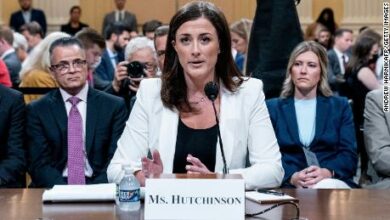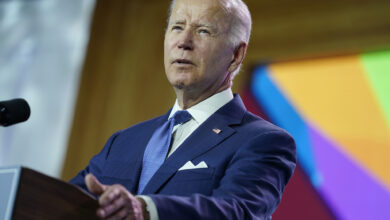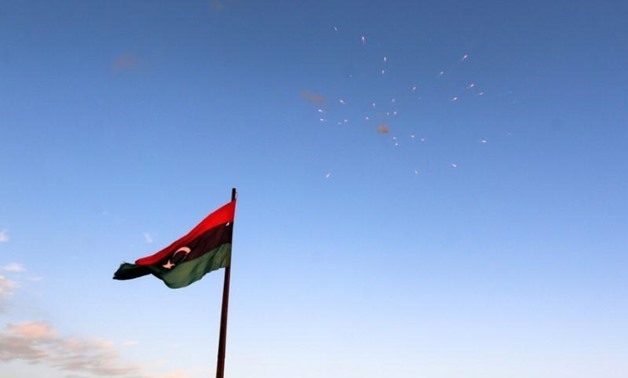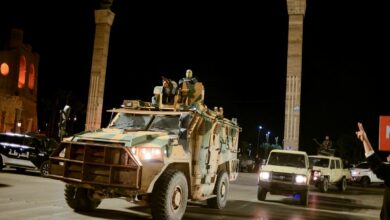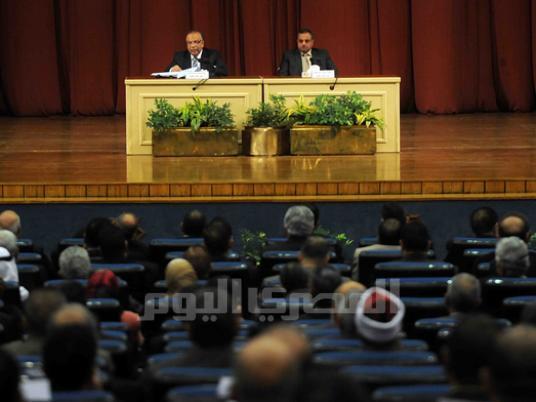
Parliament trundled along on Thursday, after a dramatic week of partisan squabbling over the constitution and who should write it.
On Saturday, a joint session of the People’s Assembly and Shura Council elected the 100 members of the constituent assembly that will draft the constitution.
This process, and its result, were strongly opposed by minority liberal MPs who accused the majority Freedom and Justice Party, the political arm of the Muslim Brotherhood, of stuffing the committee with its acolytes, in league with the Salafi Nour Party and at the expense of diversity and true representation.
Liberal, leftist and other members of the assembly announced their withdrawal from it in the days that followed. On Thursday, Al-Azhar and the Coptic Church were the latest to declare that they would not be taking part.
The constituent assembly pressed ahead on Wednesday regardless, sans many from its liberal and leftist contingent. There was some minor soul-searching about the composition of the assembly and whether it is right to proceed without roughly a fifth of its members, but these issues mutated into logistical and technical questions, mostly thanks to the fact that the Constitution Declaration issued by the Supreme Council of the Armed Forces in March and approved in a popular referendum broadly outlines the existence of the constituent assembly while failing to go into any essential detail.
As a result, there are no clear rules about when an assembly member is considered to have left the assembly — is a media statement enough? — and what happens if a large number of its members leave. This prompted assembly member Professor Fatma Abu Zeid to propose that official guidelines be drawn up to regulate assembly meetings.
During the discussion, FJP MP Mohamed al-Beltagy called for some Islamist assembly members to withdraw and be replaced by individuals from other political currents in order that the Islamist-dominated assembly be more representative of Egypt’s political factions.
The FJP was initially defensive about the assembly. On Thursday, the Muslim Brotherhood website ikhwanweb.com put out a news report with the lead, “Despite grumbling opponents’ whimpering objections, Egypt’s constitution-writing panel has achieved a solid national consensus honoring the revolution.”
The piece quoted FJP MP Mohamed Gamal Heshmat as saying that claims that Islamists are monopolizing the constituent assembly are “completely baseless.”
That tone seemingly changed later the same day — after Al-Azhar announced its withdrawal. Al-Masry Al-Youm reported Thursday evening that the FJP has withdrawn ten of its members in favour of ten non-Islamist reserve members (40 individuals have been appointed as reserve members).
Four political parties — Adl, Tagammu, Salam and the Free Egyptians Party — rejected an FJP statement reportedly issued after the FJP and other parties met with SCAF leaders Field Marshal Hussein Tantawi and Lieutenant General Sami Anan about the crisis.
Adl MP Mostafa al-Naggar said on Twitter that the statement “doesn’t change anything.”
Meanwhile, in the People’s Assembly plenary session on Thursday, MPs ripped apart a statement given to Parliament by Prime Minister Kamal al-Ganzouri on 26 February 2012, amid continuing speculation about whether Parliament will pass a no-confidence motion against the government.
General Committee member Ashraf Thabet read out a ten-minute statement of response to Ganzouri’s speech, in which he criticized practically every aspect of government’s program.
Hussein Ibrahim, the FJP’s representative in Parliament, was even less forgiving, saying that Ganzouri “talked about his memories” in his speech, a reference to the prime minister’s tendency to make frequent references to his time as prime minister in the 1990s under Mubarak. Ibrahim also described the government as “a source of crises.”
There was brief drama when MP Ashraf Badr alleged financial impropriety against government ministers attending the session. The government ministers left in protest, only returning when it was revealed that the “evidence” Badr handed over to Speaker Saad al-Katatny did not actually mention the ministers and Badr was forced to apologize.
In People’s Assembly committees news, members of the Culture, Information and Tourism Committee attacked satellite channels and demanded that they draw up a code of ethics guiding their work.
News website Youm7 reported that the information minister acknowledged that there is “chaos” in satellite broadcasting and pointed to the example of Shia channels that “are insulting to the Sunna and vice-versa.”
The information minister’s comments were made during a committee discussion on the role of the Information Ministry in regulating the media. MP Hassan Abul Azam called for a law regulating television broadcasting.
Members of the Health Committee rejected a request by Osama Abdel-Satar, head of the National Authority for Drug Control and Research, that the authority be allowed to directly import drugs without paying customs charges.

